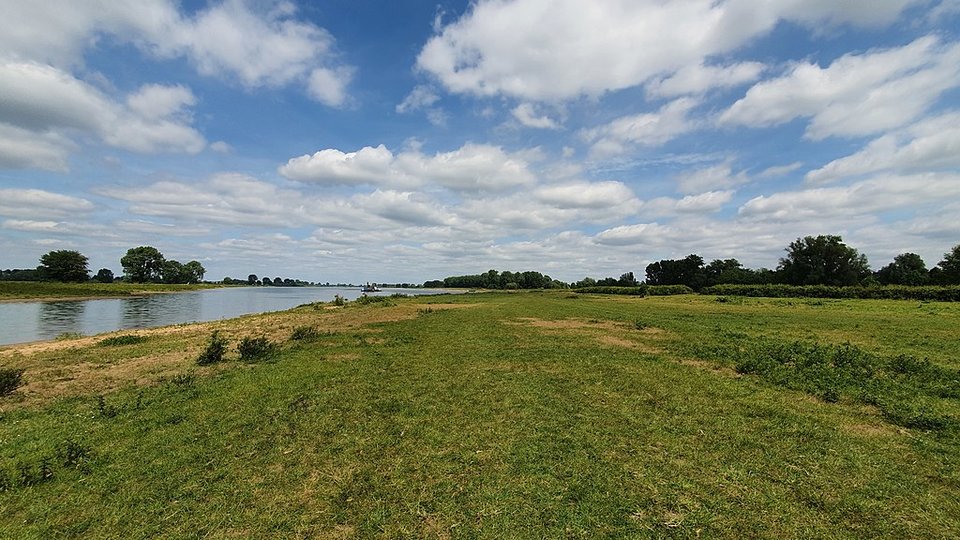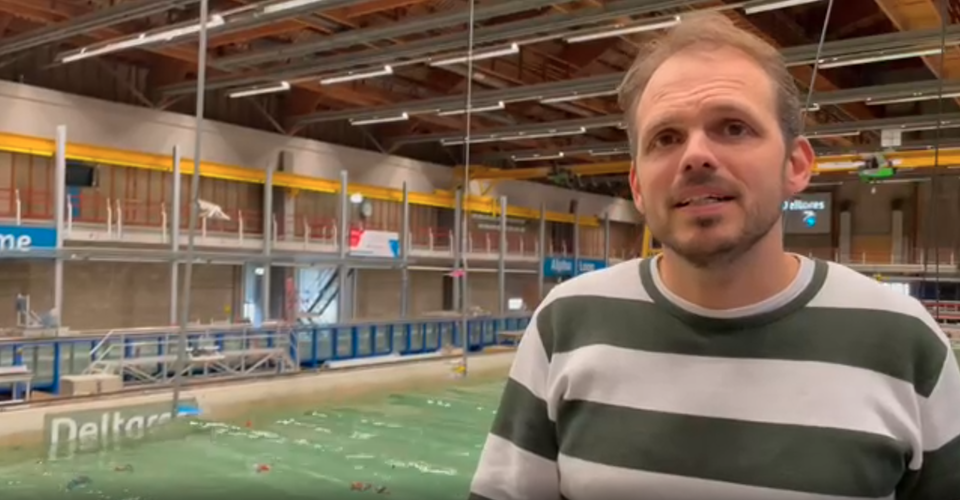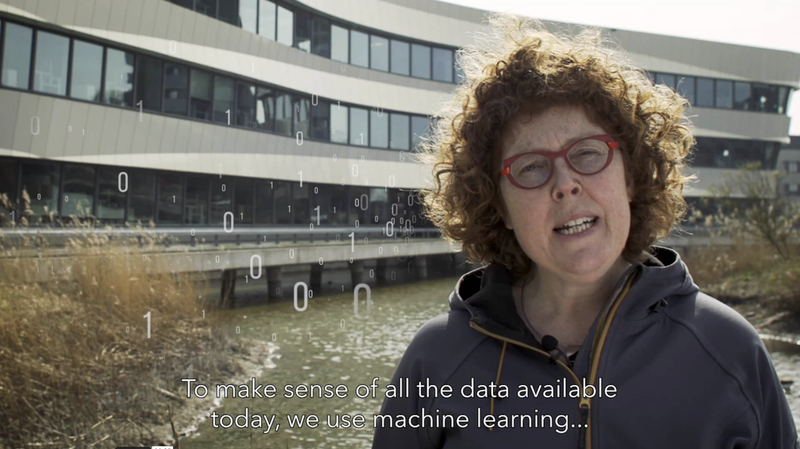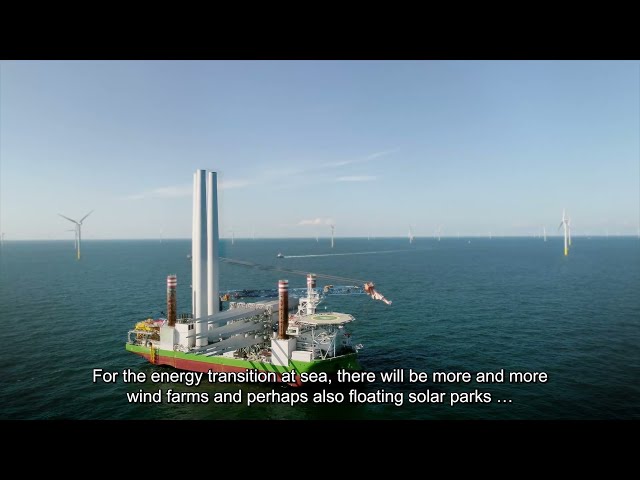Deltares in Short
The Waal river is a realistic sustainable source of heat for Nijmegen
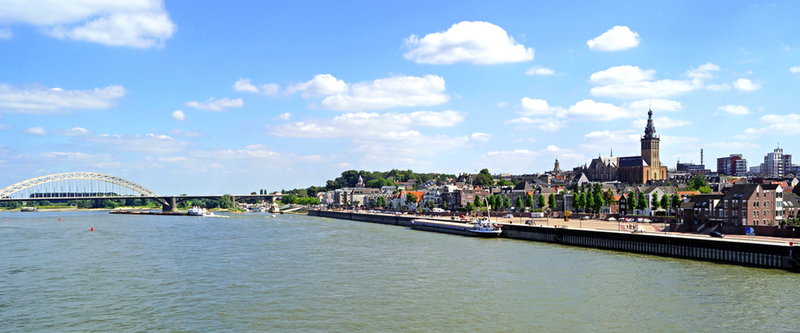
Large-scale aquathermal energy is a realistic option for Nijmegen to supply most of the city's heat requirements...
Read more
More impact with an inclusive culture
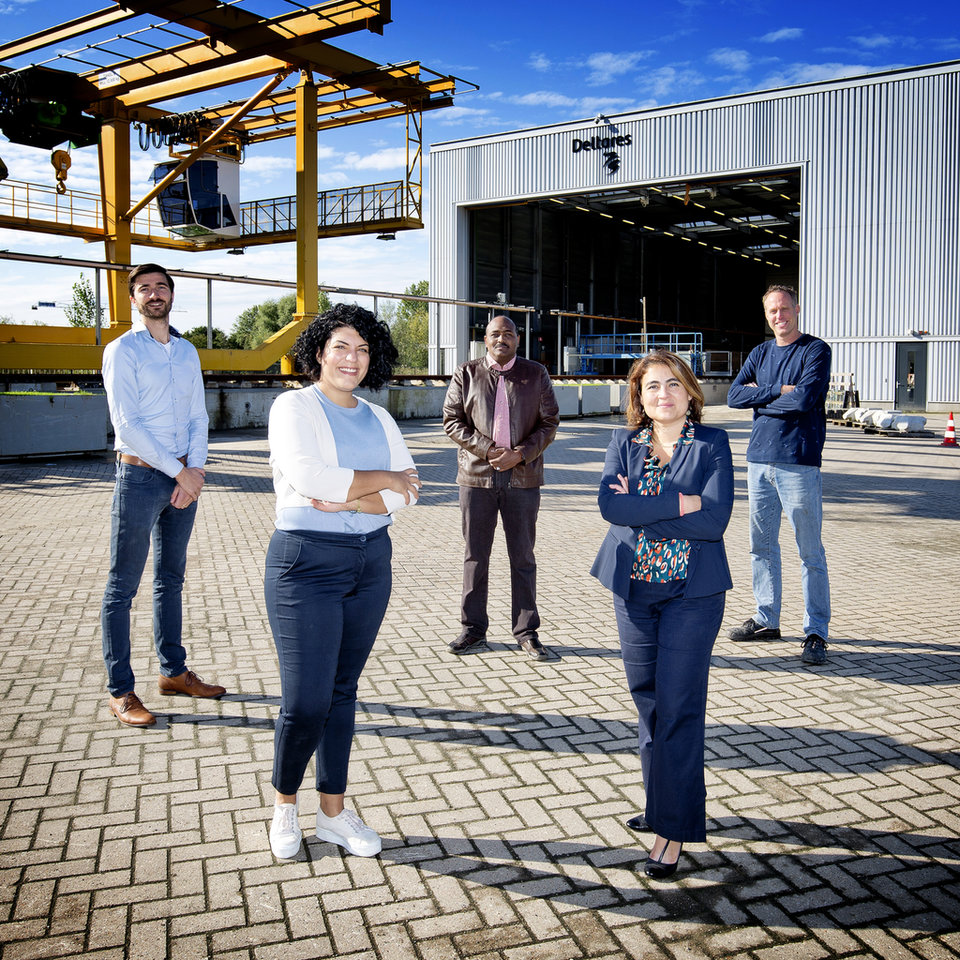
A diverse and inclusive organisation allows Deltares to continue making connections with alliance partners, clients and...
Read more
Restoration of freshwater systems produces more benefits than costs
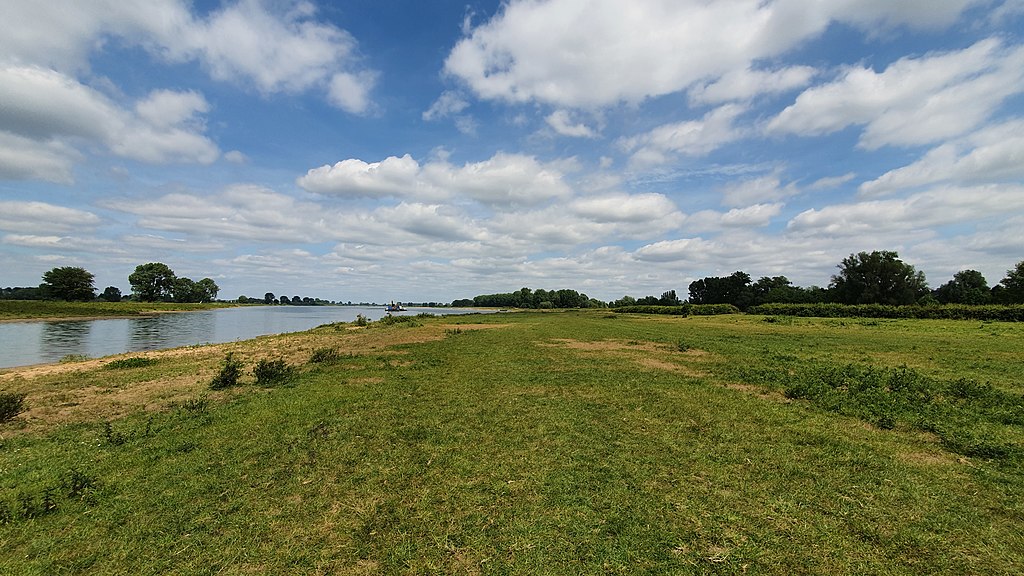
Deltares collaborated with the WWF on the publication of a report in 2021 on the economic rationale for the restoration of river systems in Europe...
Read more
Detecting floating plastic litter
from space
Deltares is working with the European Space Agency (ESA) and guest researchers from all over Europe to see whether plastics can be traced with microwave sensors that can be...
Read more
Hybrid energy island in the North Sea
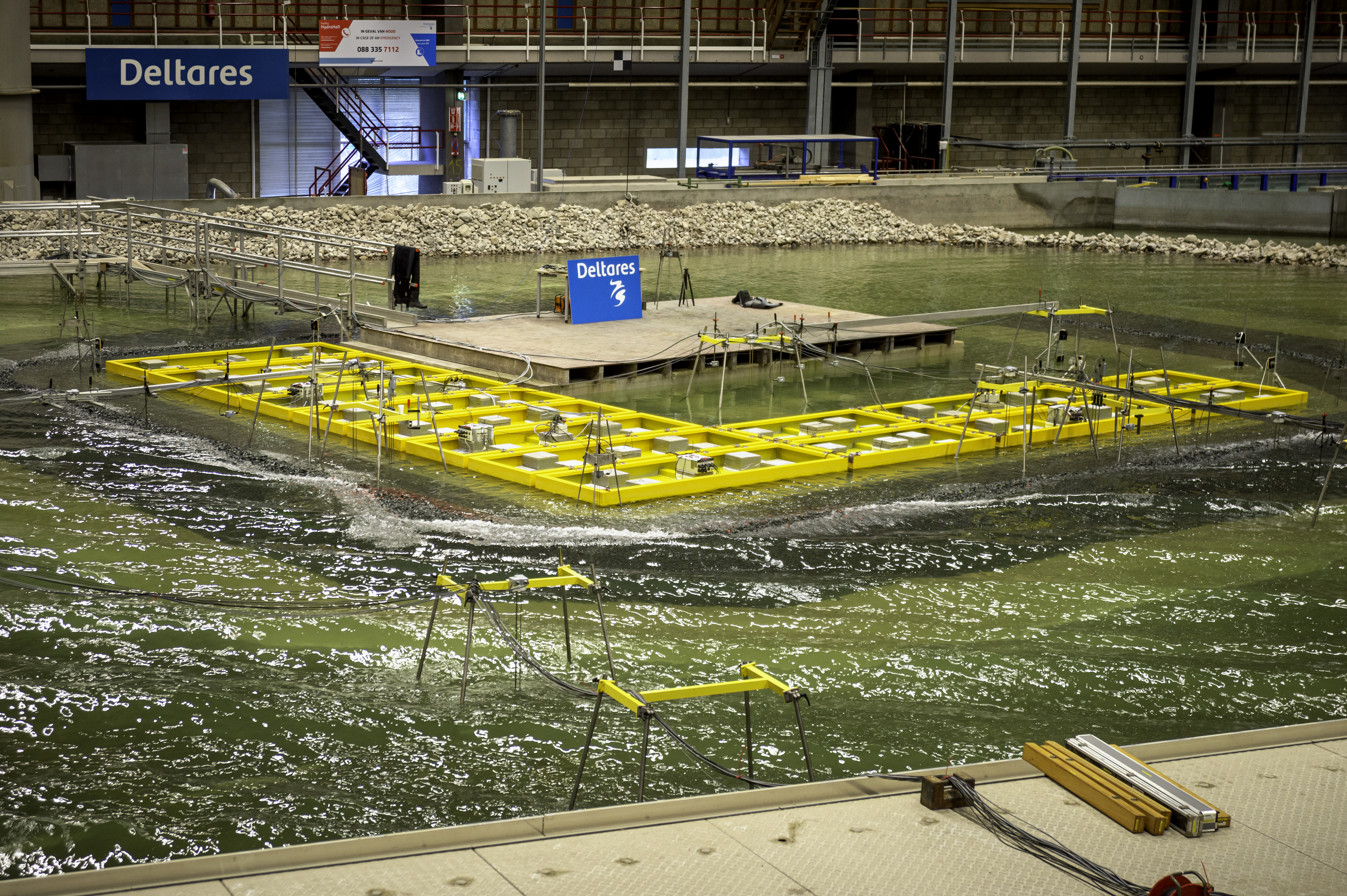
The energy transition is located offshore in part. With the increasing demand for space in the North Sea, the combination of specific marine functions in a multi-use setting is an advantage...
Read more
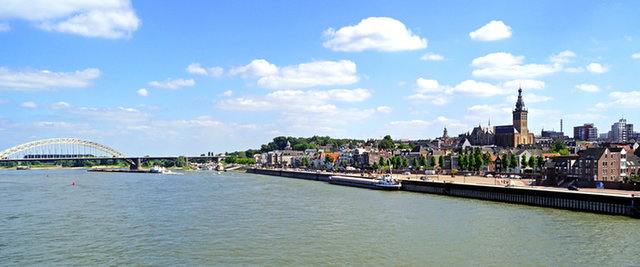
The Waal river is a realistic sustainable source of heat for Nijmegen
Large-scale aquathermal energy is a realistic option for Nijmegen to supply most of the city's heat requirements in the future, is the conclusion of researchers at Deltares. They have looked at what is needed to establish a large-scale aquathermal system with a heat network for existing buildings. Their work addressed, among other things, the question of whether aquathermal heating can meet demand for heat, whether this heat can be stored in the subsurface, and how much space is needed. They also looked at a possible aquathermal system for Nijmegen and whether it is feasible with existing technology at this scale.
Ronald Roosjen, aquathermal expert at Deltares: “The study shows that there are no technical obstacles to a major roll-out of aquathermal energy in Nijmegen and that the costs, with the optimal use of subsidy options, seem to be competitive by comparison with other sustainable heat sources.” This means that aquathermal energy can be included as a fully-fledged option for Nijmegen to implement their sustainable heat plan.
For more information:
WarmingUP website: Report (in Dutch) https://www.warmingup.info/documenten/grootschalige-aquathermie-realistische-warmteoptie.pdf
WarmingUP: WarmingUP is a collaborative venture in which 38 parties from the entire heating sector are developing practical knowledge so that collective heating systems will be reliable, sustainable and affordable for the purposes of the heating transition.
Meer informatie
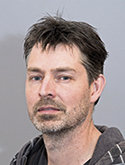
Ronald Roosjen
Aquathermal expert

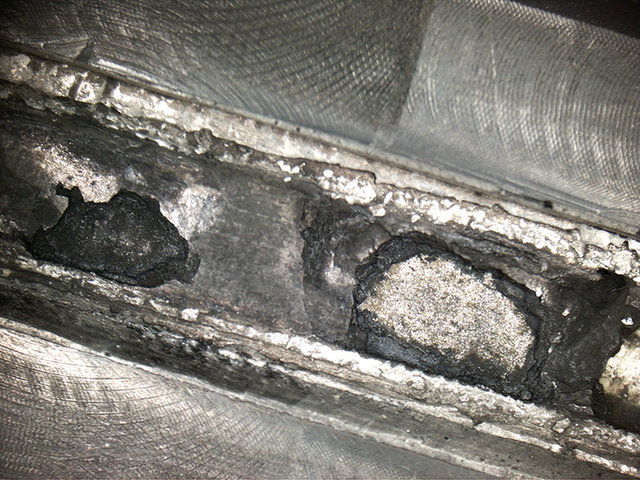
Combineren van systeemkennis met data science
Hoe kunnen we de stabiliteit van het Nederlandse spoor te verbeteren? En waar in de wereld zorgt ernstige watertekort tot geweld in conflictgebieden? Het zijn onderwerpen die terugkomen in de onderstaande video, waarmee we onze verscheidenheid aan werk laten zien.
Door onze systeemkennis te combineren met data science, kunnen we de wereld waarin we leven beter begrijpen en eraan bijdragen om geavanceerde problemen aan te pakken. Bij Deltares zetten we ons in om al onze kennis en kunde in te zetten om deltagebieden in de wereld leefbaar en veilig te houden.
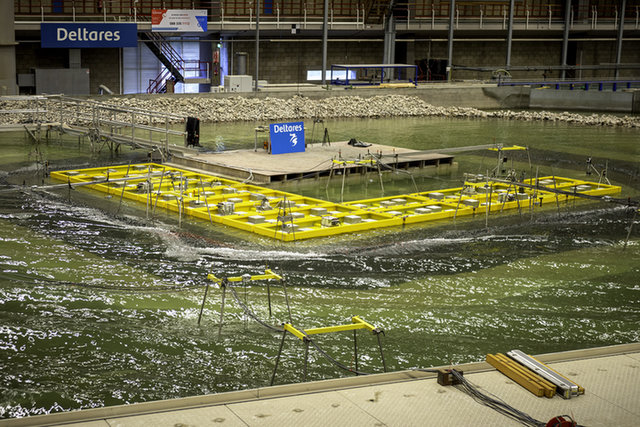
Hybrid energy island in the North Sea
The energy transition is located offshore in part. With the increasing demand for space in the North Sea, the combination of specific marine functions in a multi-use setting is an advantage. Deltares and other parties are tested the forces of North Sea waves on a hybrid energy island in the Delta Basin, a 50x50 m wave basin. The island consists of a fixed and a floating section. It stores the renewable energy produced offshore from wind farms and takes it to land. The fixed structure consists of a reef that protects the floating platforms. The aim of the research in the basin is to show whether the reef reduces the incoming waves to acceptable small waves. The reef was designed with the idea of coping with the effects of sea level rise and supporting the ecosystem as much as possible. The hard substrate in the reef consists of rocks and it is crucial for habitat restoration. The lee of the reef provides seagrasses and seaweeds with the space needed to develop and, in that way, captures CO2.
For more information:
Meer informatie
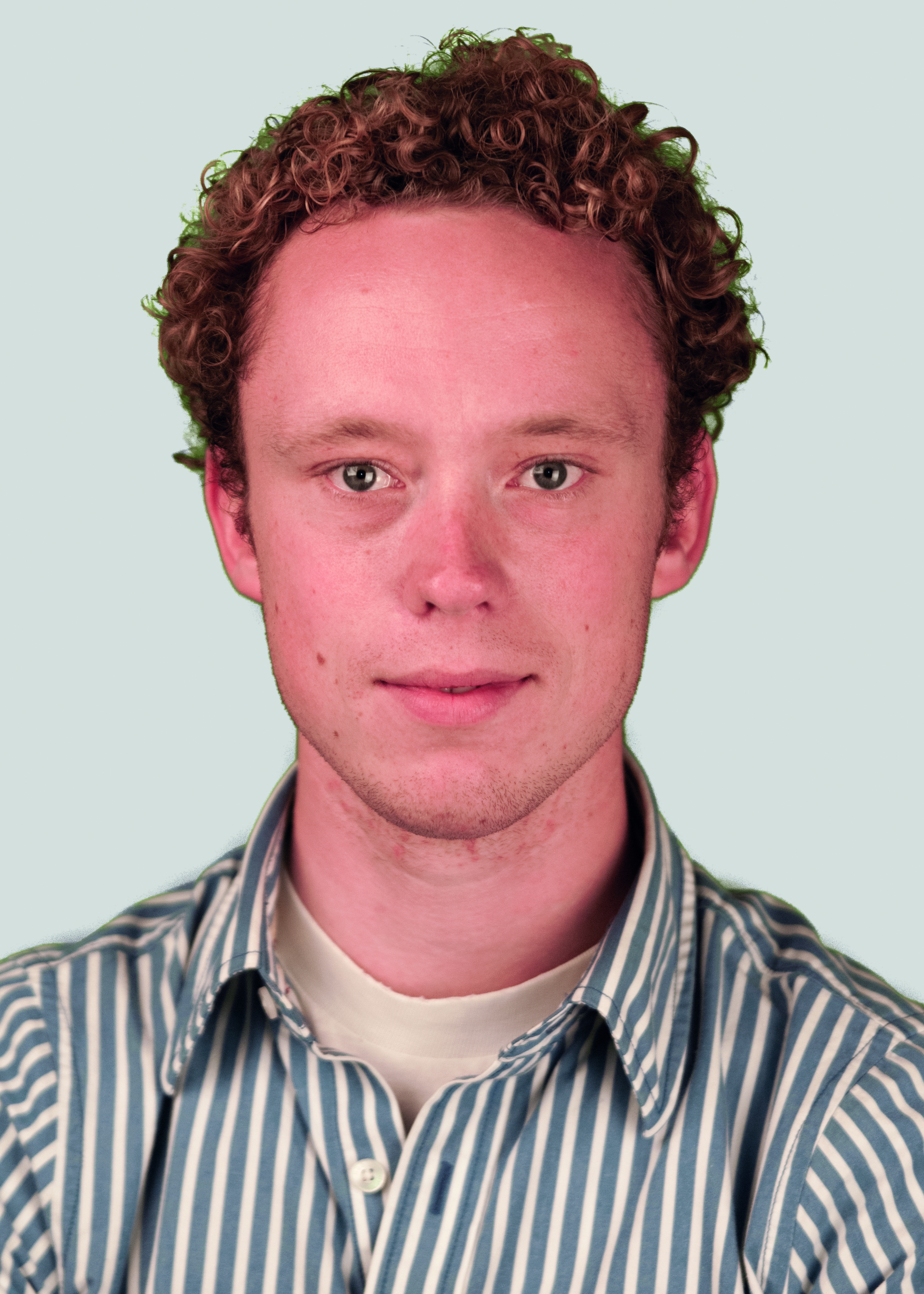
Roderik Hoekstra
Coastal expert


Detecting floating plastic litter from space
Deltares is working with the European Space Agency (ESA) and guest researchers from all over Europe to see whether plastics can be traced with microwave sensors that can be integrated in satellite instruments.
Our approach to the global production, use and disposal of plastic is creating serious and challenging environmental issues. A significant amount of plastic ends up in water, where it can be transported long distances before entering the oceans. Satellite sensors can cover a large area, make frequent observations, and possibly help us to establish a clearer picture of how much floating plastic litter is out there, and where. However, none of the current satellite missions has been designed for this purpose.
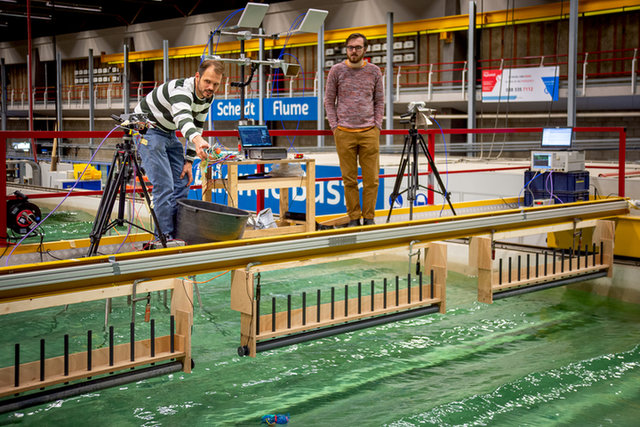
The trial is being conducted in the Atlantic Basin test facility at Deltares. Different wave patterns are being simulated under controlled conditions in this 650 m² basin and plastic objects are being added, measured and removed. The initial results are promising. More tests will be conducted beginning of this year.
Deltares frequently uses satellite data to develop new applications in the search for solutions for the global challenges of the present and the future.
More information:
Meer informatie
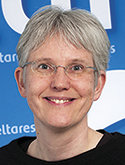
Marieke Eleveld
Data and coastal expert
More impact with an inclusive culture
A diverse and inclusive organisation allows Deltares to continue making connections with alliance partners, clients and stakeholders, nationally and internationally, in order to contribute better to a sustainable impact on society. Deltares therefore wants to become a more inclusive organisation in the years to come. “Creating an inclusive organisation is a journey; it is never finished,” says the Deltares Managing Director Annemieke Nijhof.
A more pleasant working environment
A more inclusive Deltares culture makes for happier colleagues who can achieve their ambitions in an even better working environment. A diverse and inclusive team is more able to share knowledge and achieve innovative creative project results. “Inclusion to me means welcoming different ways of thinking. Thinking differently doesn't mean you're wrong,” explains a Deltares colleague.
Click here for more about the Deltares vision of diversity and inclusion.
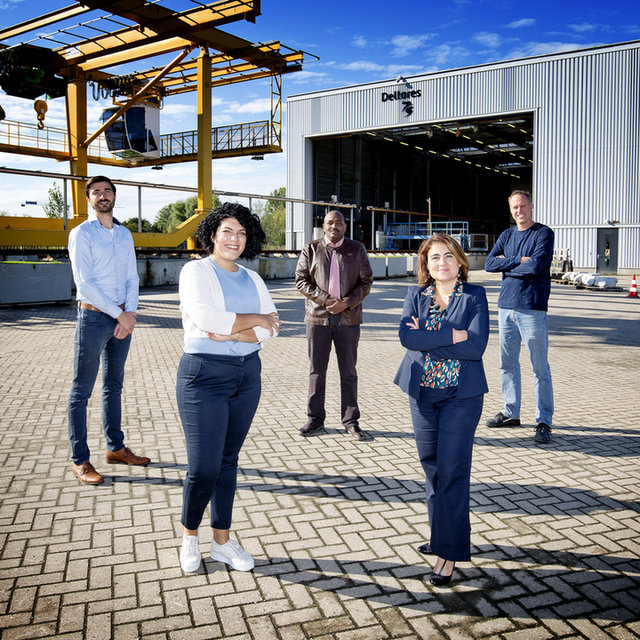

Restoration of freshwater systems produces more benefits than costs
Deltares collaborated with the WWF on the publication of a report in 2021 on the economic rationale for the restoration of river systems in Europe.
The rivers of Europe are among the most adapted and regulated river systems in the world, with numerous obstacles such as dams and locks, and natural floodplains behind extensive dike systems. Sien Kok, a resource economist at Deltares, teamed up with colleagues to look at removing unnecessary dams for the purposes of fish migration, or restoring floodplains for more water retention and storage. Kok: “If all the ecosystem benefits of restoration measures are taken into account – such as water quality, nutrient capture, improved spatial quality and reduction of flood risk – an investment in natural solutions often produces more economic benefits than the traditional solutions (such as dikes) which are still often selected”. There is no lack of funding for large-scale restoration programmes: the EU Recovery and Resilience fund and the Sustainable Europe Investment Plan, among others, have earmarked significant resources for the ‘green economic transition’, which explicitly includes investments in climate adaptation and the restoration of biodiversity and ecosystems.
In the years to come, Deltares will work with a broad-based European consortium on the ‘MERLIN’ project (H2020 Green Deal) to elaborate the details of scaling up investments in the ecological restoration of freshwater systems.
For more information
Nature-based Solutions as cost-effective method to drive climate change adaptation
More information
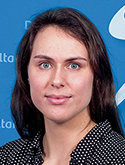
Sien Kok
Economist
